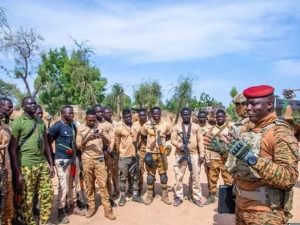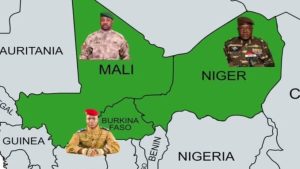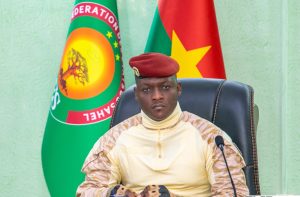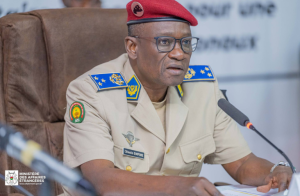Burkina Faso: When archaeology becomes an act of sovereignty and refoundation

In today’s Burkina Faso, in the midst of a quest for true sovereignty and collective rebirth, the task is no longer merely to repair the present, but to reconcile the country with the buried voices of its land. In this context, where every public decision should bear the stamp of refoundation, archaeology is no longer an academic luxury; it becomes an act of resistance, a tool for reconquest. What some call “excavations,” we call recovered memory, a foundation for dignity and a compass for the future.
Thus, when the Minister of Communication, Culture, Arts, and Tourism, Pingdwendé Gilbert OUEDRAOGO, walks alongside researchers from LAHAT on the grounds of the National Museum, it is the State itself bowing before history in order to rise stronger.
This is a new posture: to no longer build upon forgetfulness, but to erect the future on our profound truths, exhumed from our own soil.
The committed action of the Laboratory of Archaeology and History of Arts and Techniques (LAHAT) at Joseph KI-ZERBO University, led by local researchers, symbolizes a genuine turning point.
The rigorous preventive archaeology practiced by the team does not merely preserve relics; it creates a solid foundation to nourish collective memory, strengthen national cultural identity, and build a Pan-African historical consciousness.
This meticulous fieldwork, which has identified an ancient zone of human occupation, reveals that our territory holds priceless material and immaterial riches, the foundations of an affirmed cultural sovereignty.
The importance of this approach extends far beyond the academic sphere. Indeed, the protection and promotion of cultural heritage are strategic levers for sustainable development and social cohesion.
They strengthen the capacity of Burkina Faso to project itself into an autonomous dynamic, starting from its own roots. This public policy demonstrates that the country’s refoundation cannot bypass the knowledge and safeguarding of its past.
Heritage is no longer a simple inheritance but a genuine engine for social and economic innovation, particularly in the sectors of cultural tourism and scientific research.
Maurice K.ZONGO






